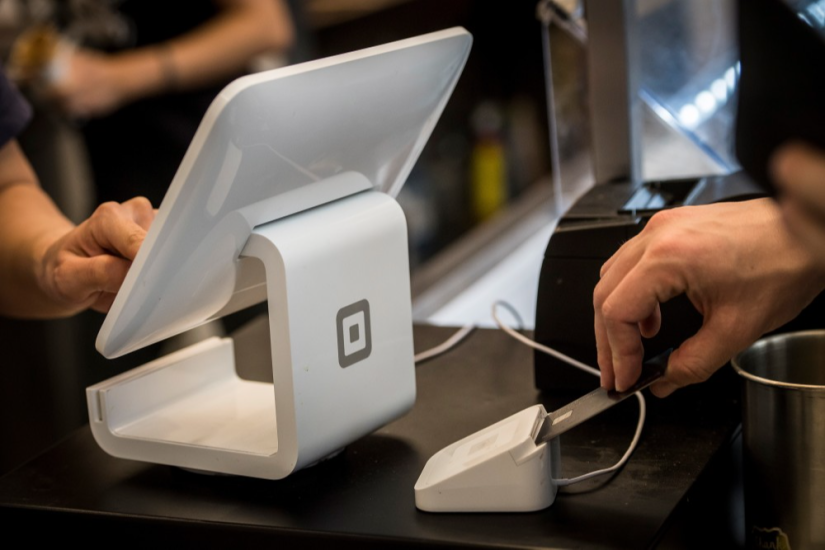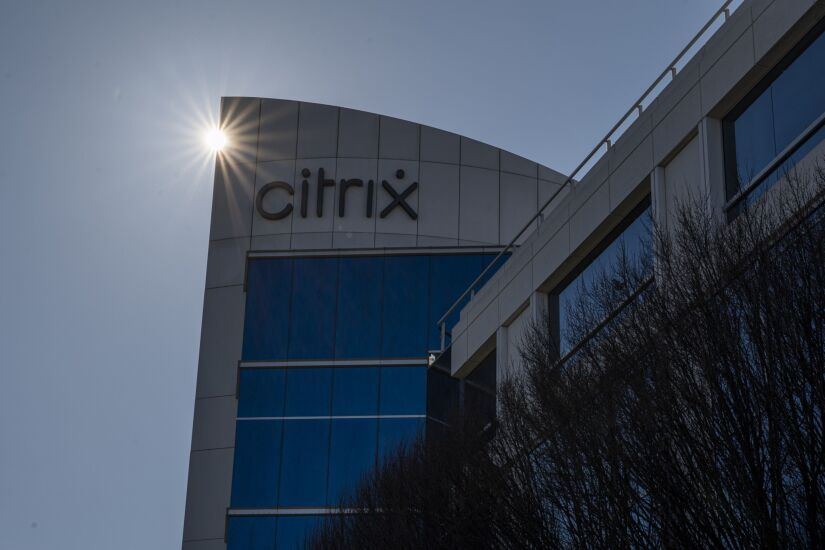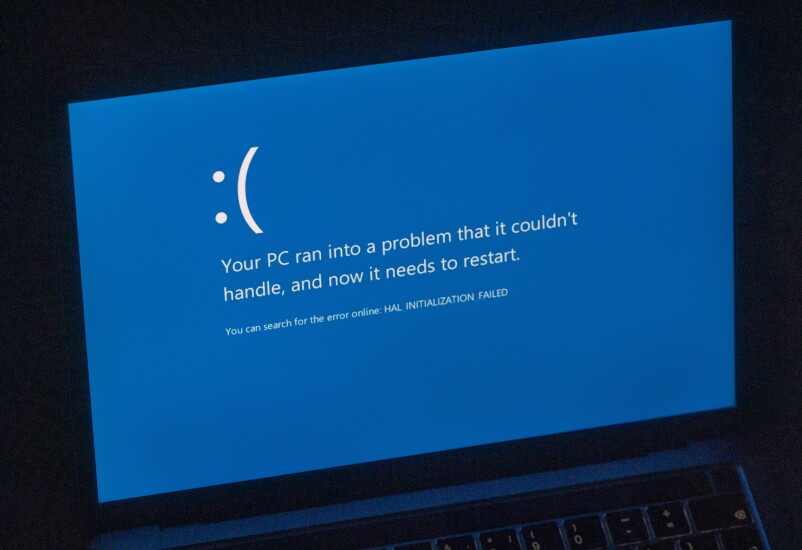In the wake of the
The Austin, Texas-based cybersecurity firm
Those impacted include
Read more:
Dave Martin, founder and consultant for the advisory firm BankMechanics,
"There is no doubt that bank leaders around the world are right now more focused than ever on contingency plans and backup preparations for a similar disruption to the system," Martin said. "The fact that such an event occurred and impacted so many highlights how truly unforeseen some crises can be."
As events like these become more common across the financial services space — stemming from more than just buggy updates and ransomware attacks — cybersecurity is top of mind for many executives. The consequences of failing to adequately shore up defenses have also evolved.
In the wake of its
Andrew Retrum, managing director and global technology risk and resilience practice lead for the consulting firm Protiviti, highlighted the challenges organizations face when preparing for various worst-case scenarios while stressing the importance of planning.
"While there are an infinite number of scenarios that may impact the business, there are only a small number of notable outcomes [such as] loss of technology, loss of site, unavailable resources [and more]. … Focus on robust response and recovery efforts that define paths forward based on the anticipated negative outcomes," Retrum said.
Read more:
Other data security experts that weighed in on the CrowdStrike outage agreed on the importance of establishing action plans, including ways to restore operations as quickly as possible.
"They should be preparing to pivot quickly towards alternative systems and service providers as needed, which could even mean reverting to manual processes in some situations," said Kim Phan, a privacy, data security and regulatory compliance partner with Troutman Pepper. "Financial institutions should also socialize these concepts with consumers and make clear that our 'on demand' economy is a privilege, not a right."
Below are in-depth looks at some of the most notable cyber outages that have struck the banking space over the last few years.










